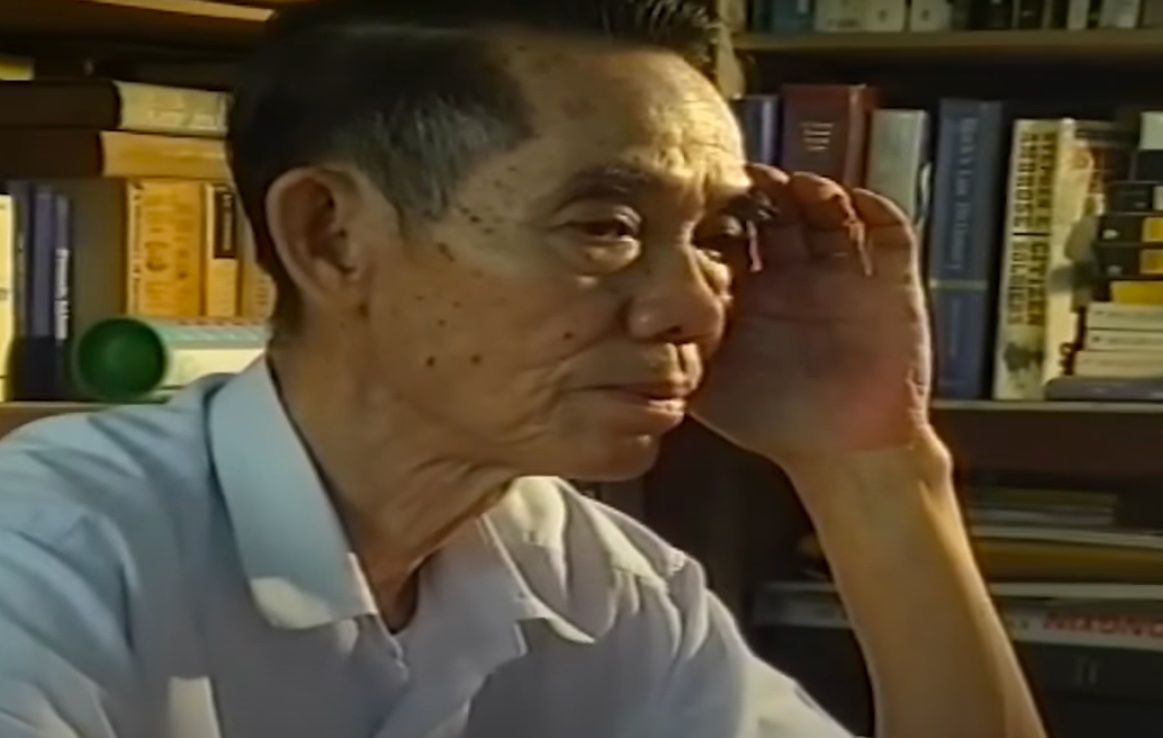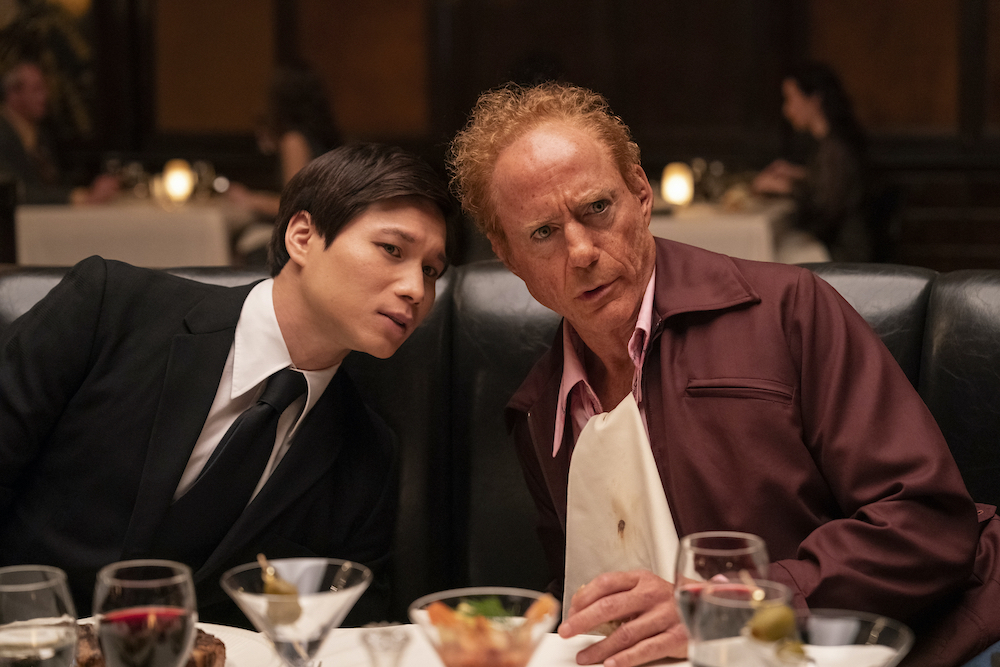Co-created and directed by Park Chan-wook, HBO’s ‘The Sympathizer’ presents the different sides of the Vietnam War, focusing both on the war as well as its aftermath through the point of view of a character called the Captain. The story takes the audience through many ups and downs as they follow the Captain in Vietnam, then America, and then back to Vietnam, all the while trying to decipher his true loyalties. As a Viet Cong spy who also gets a taste of American life, things are on a dual perspective for the Captain. What makes things more interesting is that he is, at least partially, based on a real person.
The Captain is Loosely Based on Pham Xuan An
‘The Sympathizer’ is based on the Pulitzer Prize-winning book of the same name by Viet Thanh Nguyen. It is a fictional book, but it relies heavily on Vietnam’s history, especially the events surrounding the war, to tell this tale. In concocting the various characters in the book, the author looked toward real-life people, and he didn’t have to look far to get a basic background for the role of the Captain. The story of Pham Xuan An is spoken of a lot when talking about the spies who operated during the Vietnam War.

Born in 1927, An’s life was turbulent as he got involved in the political scene of the country from a young age. When he was 16, he joined the Vietminh and started working as a courier for them. In 1954, when the French were driven out and the country was partitioned, An held on to his loyalties to the Communist regime and acted as their spy in the South Vietnamese Army, where he was also in touch with the CIA.
Xuan An received a scholarship in 1956, which led him to California to attend Fullerton College. From here, his journey in journalism began. He started with an internship at The Sacramento Bee but then went on to work with The Associated Press and Reuters, reporting for them from Saigon. In 1965, he joined Time, later becoming the first Vietnamese to become a proper staff member of the outlet. His cover as a journalist for an American news outlet gave him the perfect cover. Whatever information he would dig up for them would invariably be passed to his superiors in North Vietnam. He revealed how he had access to all kinds of information that proved incredibly useful for his side to win.
He remained with Time till 1975 as their official reporter in Vietnam during and after the fall of Saigon. While he stayed behind, he sent his wife and four children to the US through his Time contacts and also helped several of his friends to leave the country. Later, however, he brought his family back to Vietnam, where he was hailed as a national hero. It was only then that his colleagues realized that he had been a spy all this time. Described as “an intellectual, dog-lover, bird-lover, chain-smoker, super smart guy, and a great reporter,” An was also noted to be “a little strange,” especially as he would disappear for days with none the wiser about his location or work. Later, when the truth about him came to light, some of his colleagues expressed surprise, but they weren’t entirely shocked. Pham Xuan An died of emphysema on September 20, 2006, at a military hospital in Ho Chi Minh City at the age of 79.

With an unbelievably real tale of a spy in front of him, author Viet Thanh Nguyen decided to use parts of Pham Xuan An’s life to create the character of the Captain, though he only stuck to the man’s background as a spy and relied on imagination to create the rest of the Captain’s story. For example, like An, the Captain went to America for a few years, which made him familiar with its ways. But unlike An, the Captain isn’t employed as a journalist. Rather, he is higher up in the South Vietnamese Army, which makes it much easier for him to access the documents. Unlike An, who never left Vietnam after the fall of Saigon, the Captain is tasked with following his mark to America and spying on him.
Because the history of Vietnam plays such an important part in the story, Nguyen decided not to stray from the real historical events. Almost all the important events in the story are pulled from reality. To make sure that he had everything right, the author delved into exhaustive research. Having read about the war for almost the entirety of his life, he was aware of all the important events that defined it, but for the purpose of writing the book, he had to focus very specifically on certain events. The author revealed that he read about 10-15 books focused solely on the Fall of Saigon because he couldn’t afford to misrepresent any fact, even if it was just for the first 50 pages of the book.
Once he had enough footing from the historical accuracy perspective, he let his imagination fly and filled the gaps with fictional events and characters. Considering all this, we can say that while Pham Xuan An served as an inspiration, the Captain’s character follows an entirely fictional arc once the story crosses the mark of the Fall of Saigon.
Read More: Best War Movies on HBO Max


You must be logged in to post a comment.